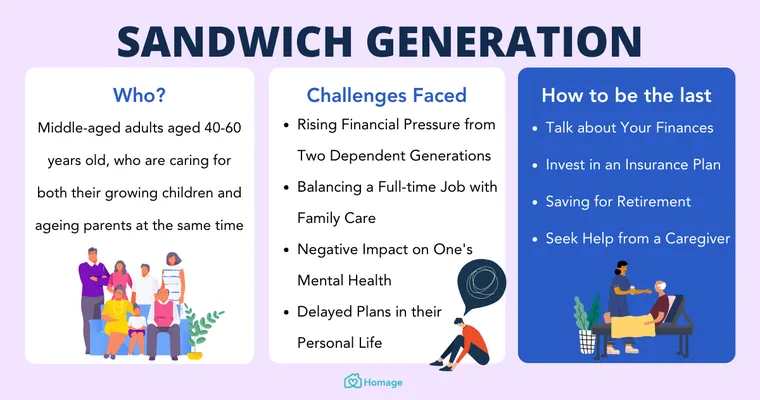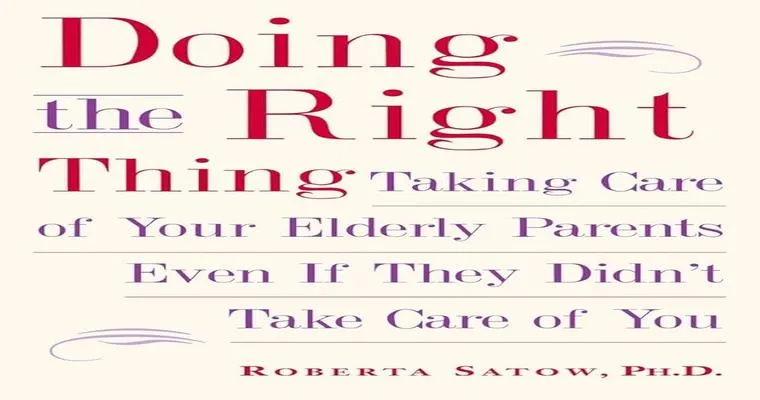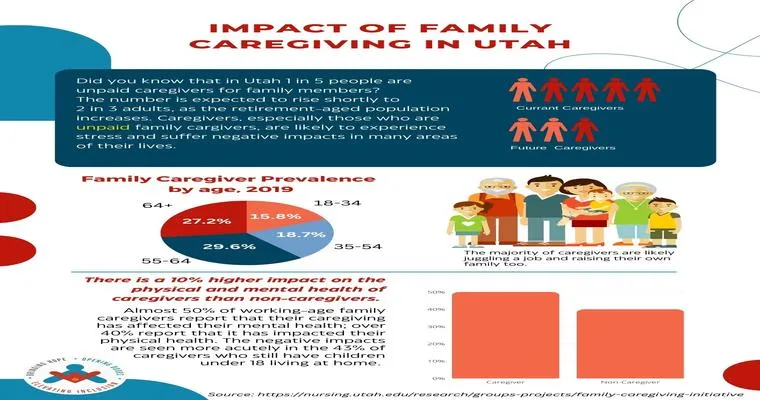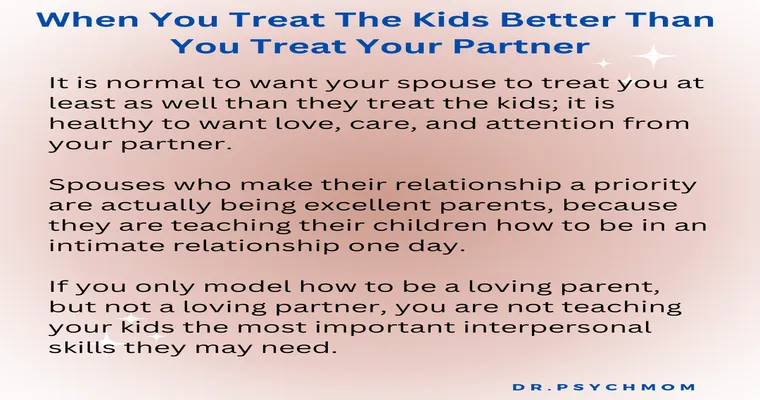The "Sandwich Generation" refers to those individuals, often in their 30s to 50s, who are simultaneously caring for their "children" and their "aging parents". This unique situation can be both rewarding and challenging, as these caregivers navigate the complexities of raising kids while supporting their elderly loved ones. In this article, we will explore a heartfelt story that embodies the experiences of the Sandwich Generation and discuss the importance of balancing these dual roles.
Meet Sarah, a 42-year-old mother of two lively teenagers and the primary caregiver for her 70-year-old mother, who has recently been diagnosed with early-stage dementia. Sarah’s days are filled with the hustle and bustle of family life, from helping her kids with homework to attending their soccer games. However, she also dedicates a significant amount of time to her mother’s care, managing doctor’s appointments, medication schedules, and household tasks.
One typical day in Sarah’s life begins at 6 AM, where she starts her morning by preparing breakfast for her children. As they rush to get ready for school, she simultaneously checks in on her mother, who lives just a few blocks away. This arrangement allows Sarah to be present for both her children and her mother, but it also leads to moments of overwhelming stress.
After dropping her kids off at school, Sarah heads to her mother’s house. Today, she needs to help her mother with a few chores and engage her in activities that stimulate her mind. They sit together to do a puzzle, which not only provides cognitive benefits but also allows for quality bonding time. Sarah understands that spending these moments with her mother is crucial, as it helps maintain her mother’s emotional well-being.
As the day unfolds, Sarah faces the reality of juggling responsibilities. She receives a call from the school, informing her that one of her children is feeling unwell. Instantly, she feels the weight of her dual roles. Should she prioritize her child’s needs or stay with her mother? This dilemma is a common struggle for many in the Sandwich Generation, who often feel torn between the responsibilities of caring for children and elderly parents.
In the afternoon, after picking up her children, Sarah finds herself mediating between their teenage conflicts. The challenges of adolescence can be daunting, and she works to provide emotional support while also managing her mother’s health concerns. It is during these moments that Sarah realizes the importance of establishing a support system. She reaches out to friends, family, and online communities for advice and encouragement.
As the sun sets, Sarah reflects on her day. While there are challenges, she also finds joy in the small victories—a shared laugh with her children, a warm moment with her mother, and the realization that her love and dedication are making a difference. She understands that being part of the Sandwich Generation is a journey filled with ups and downs, but it also offers the opportunity to create deep connections with her loved ones.
Caring for kids and parents as part of the Sandwich Generation can sometimes feel isolating, but it is essential to remember that you are not alone. Many others share this experience, and finding ways to connect with them can alleviate some of the stress. Whether it’s through support groups, online forums, or even casual meet-ups with friends, sharing your journey can provide comfort and insight.
In conclusion, the story of Sarah illustrates the intricate balance of being a caregiver in the Sandwich Generation. It highlights the importance of love, patience, and support as she navigates the challenges of caring for both her children and her aging mother. By sharing experiences and seeking help, individuals in the Sandwich Generation can find solace in their unique role and continue to provide care for their loved ones while also prioritizing their own well-being.





